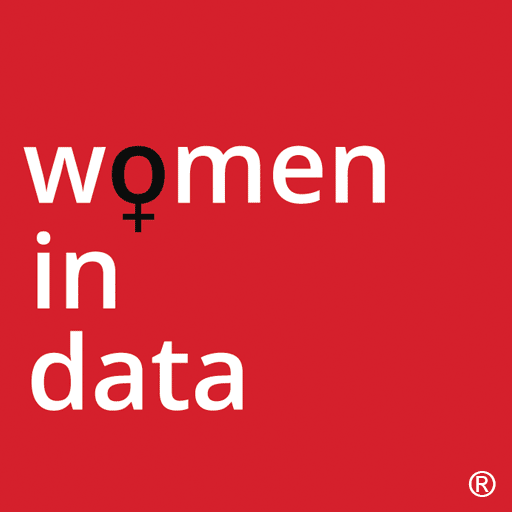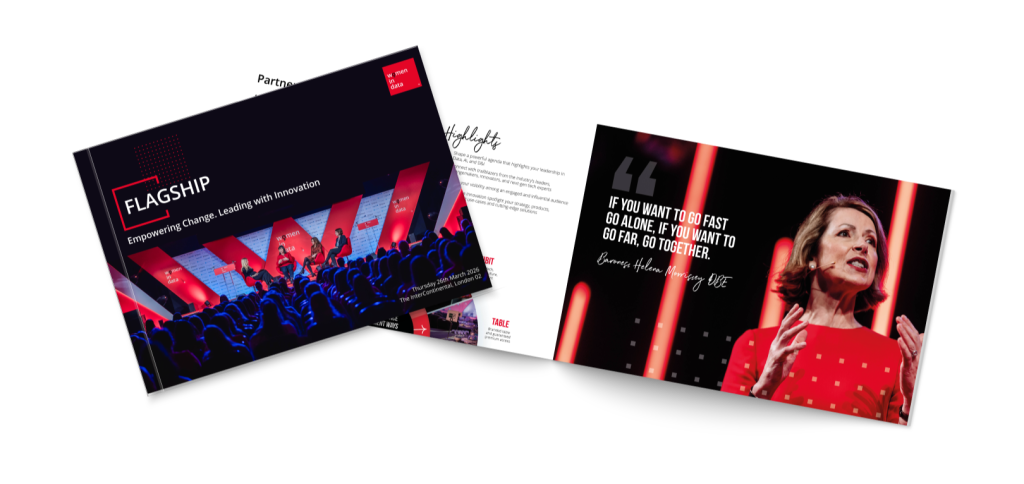By Lydia Chong
If you are attending the HouseMark – Housing Data and Analytics Summit, this is one presentation you can’t afford to miss. Payal Jain (MD JCURV & Chair of Women in Data) and Roisin McCarthy (Founder Women in Data, Datatech Analytics) will be stepping up to the podium to deliver important insights on bias and how to combat it.
Firstly, imagine yourself at work, surrounded by your colleagues. If you are actually at work, look around you at those in your immediate vicinity. Now if you noticed that everyone is roughly the same shade of beige, and or gender, ask yourself why that is. For those of you who are surrounded by diversity, your work place is exceptional… also ask yourself: how come?
In the presentation, Payal will explain how historical data can influence the recruitment process and lead to selection bias. When you have AI, the bias can be even more pronounced, not because algorithms are intentionally evil, but because they lack awareness required to identify their own biases. AI are often programmed to learn from historical data.
Computer science has a concept known as GIGO (Garbage In Garbage Out). When you input nonsensical arguments, nonsensical results come out. In the case of AI: biased historical data goes in, diversity goes out… the window. To use an abstract example, if your organisation historically hires hares in accounting, that information informs your recruitment AI algorithm. The next time you are hiring an accountant, even when there is a tortoise with a more reliable track record, the AI will select the hare. In the real world, these biases affect every aspect of our lives from the amount banks will lend us, to our position in society.
There will always be people who argue that promoting diversity is an exercise in futility. These arguments only serve to maintain the status quo without considering the economic consequences. In a modern, highly competitive economy, money speaks. The bottom line is that businesses with a diverse workforce make more profit.
What is the cost of poor hiring practices?
How much revenue uplift can be expected from diversifying your workforce?
What can you do to tackle biases and promote more diversity?
These questions, and more, will be answered at the HouseMark Summit. Register your interests today.
https://www.housemark.co.uk/new-events/all-events/seminars/housing-data-and-analytics-summit-2019


Leave a Reply